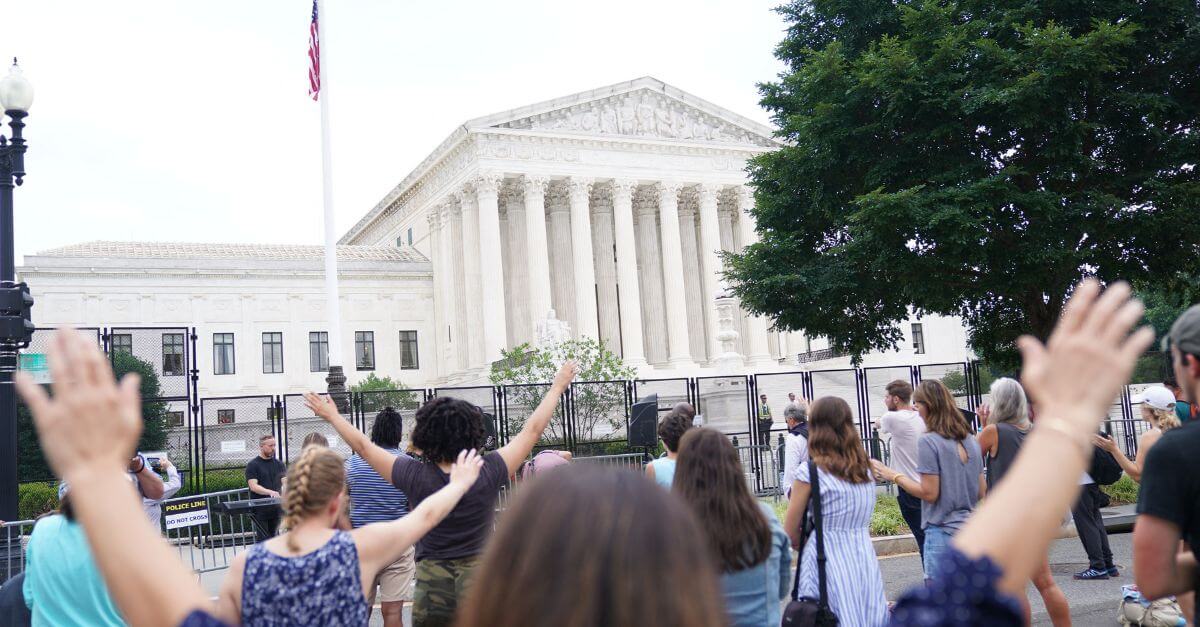Breaking the Synagogue’s Silence on Mental Illness: What You Can Do

Image by Montage Kurt Hoffman
Much of the discussion in faith community efforts to improve diagnosis and treatment of brain diseases — and social support of those who have them — has lately focused on three areas:
1) Planning a Sabbath of Inclusion or “Mental Health Weekend of Faith” either for your local Jewish community or your city’s larger combined faith community
2) Using the planning process for that weekend to bring together local stakeholders and create a new resource guide for your area that can help connect or reconnect people to care (many people with brain diseases have trouble finding caregivers, or staying with a treatment regime), both in the Jewish community (through Jewish Family Service and other federation-funded efforts) and in the broader medical community
3) Being prepared, by the end of the Sabbath of Inclusion, to announce plans to make it an annual event, to offer sign-ups for a local Mental Health First Aid training session, and to instigate subtle changes in the way congregations handle prayers of healing and hospital visits to make sure people with these illnesses and their families know they are included in medical support.
For Jews there is a built-in problem about when to schedule this programming: Many of the big national advocacy days, weeks and months for brain diseases (and there are a lot of them) come in the early fall, and usually conflict with the High Holiday season and the festivals just afterward. The advantage of avoiding the fall national events is that your programming then doesn’t need to skew toward suicide prevention, or overdose prevention, or mental illness or addiction and recovery. This allows you to take a more common struggle approach — which current neuroscience tells us makes the most sense, because the more we learn about the brain and these diseases, the more we realize we don’t really understand where one ends and the other begins, and they can’t be treated successfully unless treated in an integrated way — with each other, and with the rest of body. (Working around Mental Health Month in May — which is what New York City did for its Faith-Based Weekend — might be more practical. And the idea of “mental health” is seen as broader and more easily inclusive of most brain diseases.)
There are several excellent resources available for your community to start deciding how it wants to address brain health issues. Start with the excellent resource guide created by the Mental Health and Faith Community Partnership and the American Psychiatric Association, and the 14-page booklet created by Thrive NYC last year to help clergy and communities launch the first annual Mental Health Weekend of Faith, which offers more details about how an event can be operationalized in a major city or smaller community.
Also, check out the National Alliance on Mental Illness program NAMI FaithNet, which includes the best practices for faith communities; the Action Alliance for Suicide Prevention’s program Faith.Hope.Life, which includes materials for do-it-yourself Sabbaths of Inclusion, and the Developing Welcoming Faith Communities guide from the Temple University Collaborative on Community Inclusion of Individuals With Psychiatric Disabilities. For strictly Jewish community resources, start with the materials created by UJA-Federation of New York since 2010, when synagogues throughout Greater New York did a Shabbat of Wholeness, Holiness and Wellness: Responding to the Mental-Health Needs in Our Communities.”
In the aftermath of Sabbaths of Inclusion for mental illness and addiction, more and more communities of faith are offering Mental Health First Aid, a training program that allows everyone from congregants and family members, synagogue staff, lay leaders and clergy to become more familiar with the illnesses and how they can help in all types of emergencies (and help prevent the emergencies in the first place). A Columbia psychiatrist, Sidney Hankerson, has been using Mental Health First Aid in African-American church communities as part of an NIMH-funded study on “how to translate evidence-based practices for depression into faith-based settings.” (The study also involves teaching pastors to do very short-term interpersonal counseling for depression. Eventually, work like this will lead to a broader study of how different clergy are taught to handle mental illness and addiction — not just in their own pastoral counseling, but also in making referrals for medical care.)
When community events involve medical screenings, they should always include a “checkup from the neck up” for mental illness and substance use disorders. Communities should also push their local health care systems to get involved in the new, national Zero Suicide movement, which works within hospitals and outpatient facilities to provide much more aggressive forms of suicide prevention, and to better study what happens during attempted and completed suicides.
















